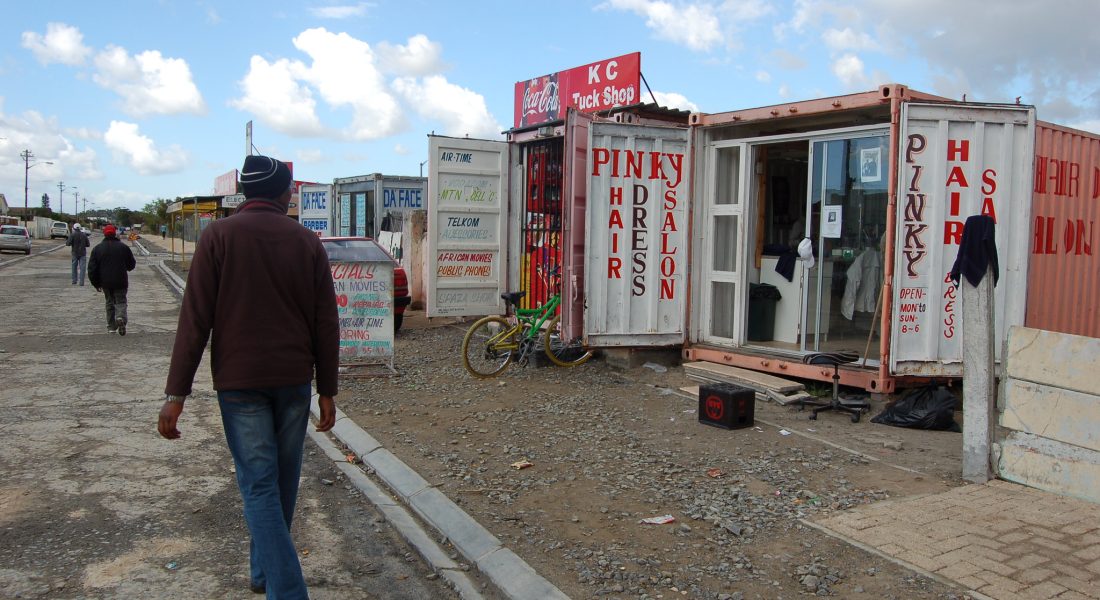Business
Government Implements New Measures for Spaza Shop Registration Amid Soweto Protests

Government Implements New Measures for Spaza Shop Registration Amid Soweto Protests
The South African government is introducing stricter measures for spaza shop registration following protests in Soweto. Gauteng Finance MEC Lebogang Maile addressed the issue in a media briefing aimed at informing spaza shop owners about updated regulations.
Tensions in Soweto Over Spaza Shop Registrations
Protests erupted at the Jabulani Civic Centre as community members and Operation Dudula opposed the registration of foreign-owned businesses. Residents demanded the removal of what they termed “illegal foreigners,” forcing a suspension of services at the center.
The unrest underscores deep-seated frustrations over foreign-owned businesses, with calls for stricter enforcement of immigration and business laws.
New Registration Requirements for Spaza Shops
MEC Maile outlined the government’s new spaza shop registration measures, emphasizing compliance to ensure food safety and operational legitimacy. Key requirements include:
- Application Form: Submission of a detailed application with personal and business details.
- Proof of Identity and Residence: Certified copies of South African identity documents and proof of residence.
- Business Registration: Registration with the Companies and Intellectual Property Commission (CIPC).
- For Foreign Nationals: Valid documentation from the Department of Home Affairs and proof of financial investment or a viable business plan.
Foreign nationals must meet stringent business visa requirements, including a capital investment of R5 million, to register their businesses legally.
The Role of Landlords and Manufacturers
Minister of Small Business Development Stella Ndabeni Abrahams emphasized the accountability of landlords and manufacturers:
- Landlords must ensure they do not lease properties to undocumented immigrants.
- Manufacturers will be scrutinized for selling goods to unregistered businesses, aligning with food safety and public health concerns.
A Nation’s Push for Accountability
President Cyril Ramaphosa’s 21-day deadline for compliance highlights the urgency of the matter. This directive comes after a series of food-borne illnesses raised alarm over the need for stricter food safety measures in South Africa.
Balancing Compliance and Community Concerns
The government’s firm stance aims to ensure public safety while addressing community concerns about foreign-owned businesses. However, the protests reflect broader tensions surrounding immigration and economic opportunities in South Africa.
The new spaza shop registration measures are a critical step toward improving regulatory compliance and food safety standards. As Gauteng navigates these challenges, fostering dialogue between communities, business owners, and the government will be essential for sustainable solutions.















